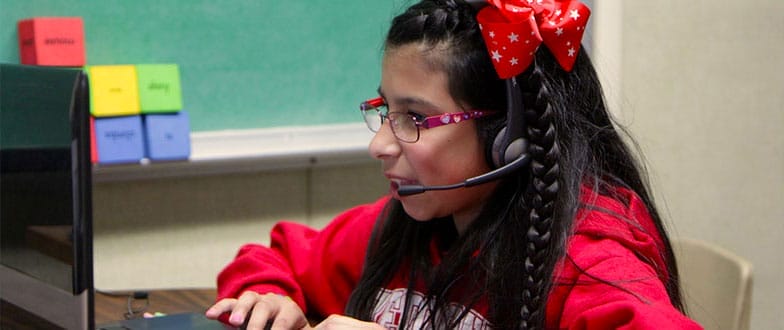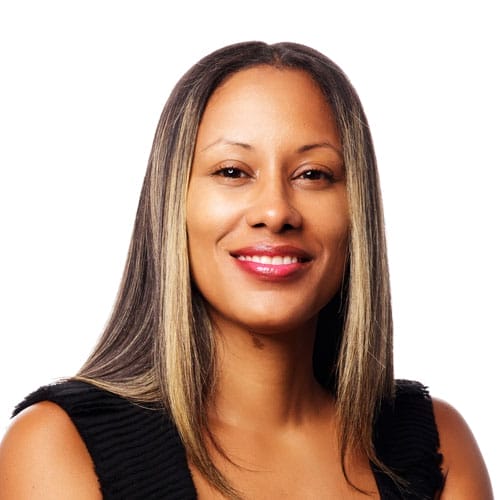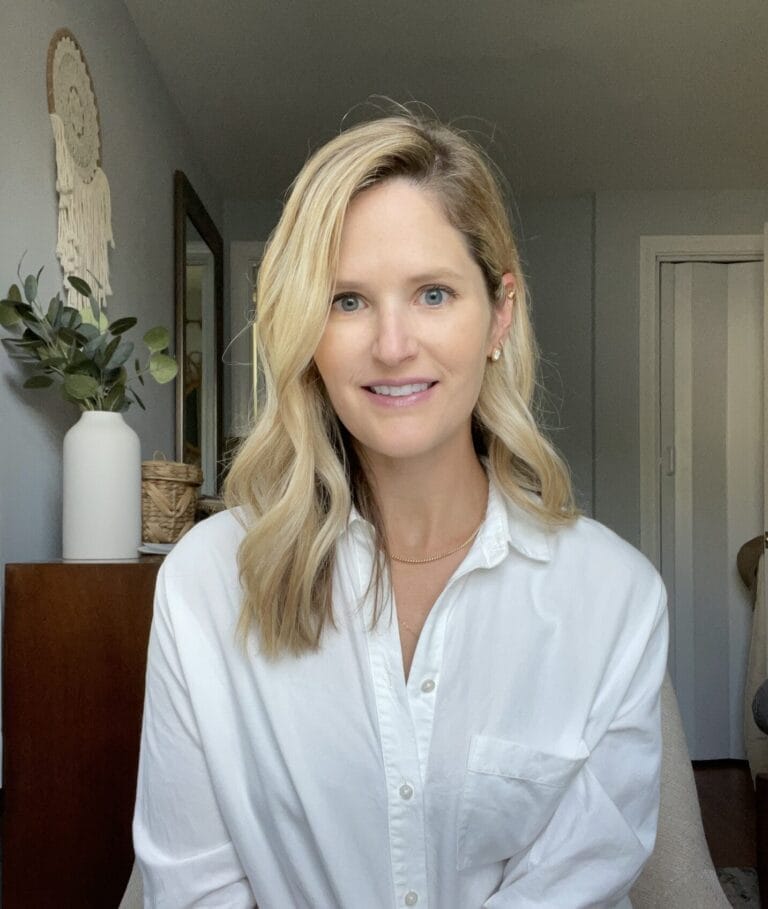

Recently we sat down with Shanelle Reese, Chief People Officer at Presence, to discuss the company’s purpose and the employees who shape it. She shared her wisdom and vision on a number of topics, including three that are particularly meaningful to her: thoughtfully advancing Diversity, Equity & Inclusion; supporting how employees work best; and opening up access to services for every child.
What drew you to Presence?
I was drawn to Presence because of its purpose in opening up access to therapy for children with special needs. There was a personal connection for me.
My son started speech therapy when he was two years old. His recommended therapy program was two times per week for 45 minutes with a Speech-Language Pathologist (SLP). We lived in a populated city and it felt like it shouldn’t be hard to gain access to an SLP. But it was. The SLPs in the area were all booked up. We finally found one who could provide one service per week every other week. That was all we could get. I remember wondering at the time: “How do parents in rural areas deal with this and an inability to access services for their children?”
So when the job opened up at Presence eight years later it was an opportunity for me to give back to the greater good. I felt an immediate connection to the work and to the people who were also committed to giving back to something greater than themselves. That is the secret sauce of our company.
What do you most want to accomplish?
I would love to get to a place where every child who needs services can get access. As a parent, I tried to tap into every network we could to get services for my son. There was no secret group of SLPs; there really was a shortage back then and one that remains today.
In my role, I want to be an advocate for getting more people into the field of special education and related services. Presence’s clinical network spans the country and is a growing resource of 1,500+ providers who serve a range of needs and connect with students through live, online sessions on the Presence platform. We are working to continue to grow that network and help grow the pipeline for provider positions more broadly.
This field has so many meaningful career paths, and we want to ensure we are fully supporting young people who are called to this career. They need to know that good salaries await them when they graduate, along with peer mentoring, professional learning, and other opportunities.
Tell me more about the company’s support for remote work solutions.
We support remote work because we want people to work in ways that best suit them and their families—and for many this is the answer. A requirement to be in person is unnecessary today. Technology has evolved so much that working remotely should absolutely not hinder a person’s career growth. Certain roles may need to be in person. But overall, with a remote job, your day-to-day work life can be based upon who you are and how you work best.
The flexibility of remote work really attracts providers, for instance, into our Presence network. Being able to work remotely and still make a deep connection with a student matters a whole lot to them. It also keeps providers in the field and working with students for longer than they would otherwise be able to (due to caseload burnout or lack of part-time flexible options, for example). And it supports work/life balance. About 97% of our clinical workforce are women, of which the vast majority are primary caregivers.
We have long supported remote employees in our corporate team too, and the pandemic has only deepened our commitment to this as a solution. But we are also planning regional meet ups and full company and team meetings during the year. Even if the day-to-day is remote, the strategic use of in-person connections still has meaning.
Presence launched Employee Resource Groups recently. Tell me more about them.
We spend more waking hours at work than with our own families, so we wanted to create a culture of family at work. In 2020 we launched Employee Resource Groups (ERGs) within our corporate team, which serve multiple purposes. The two most important ones are: 1) to provide a safe space for those of underrepresented communities to share their experiences and get support; and 2) to serve as a point of resource for us as a company on how we can be supportive and inclusive of these underrepresented communities.
We had these groups in the works for a few years, but the work days got busy and they did not seem as urgent. During the last year, however, with racial tensions in our country mounting, we saw greater interest among the staff and officially got the groups underway. Our focus now is on making these groups as useful as they can be. The only way to do that is to give power to voice. If you don’t give power to voice and give people an opportunity to influence their work environment and community in a positive way, they won’t continue to contribute. The oxygen given to the respective ERG is very important.
Already we have learned so much from these groups, and they have helped generate more awareness and understanding and have increased our connectedness as an employee community.
What does Diversity, Equity, & Inclusion (DEI) mean to you? To Presence?
There is complete alignment on what DEI means to me and what it means to Presence. It is the recognition that diversity of background and life and work experiences allow for shared understanding and ultimately drive innovation. I also believe strongly that a company is only as innovative as its people, and as leaders we play a strong role in empowering individuals to be innovative.
If we all had the same background and life and work experiences, we would be a homogeneous culture that all thought the same way. At Presence, we encourage each other to think outside the box, to trust one another, and to break down barriers. We don’t just want to hear the ideas of those in management positions or those who have the loudest voices, we really want to hear ALL ideas. We are committed to giving all workers access—equal access—to opportunities to advance their careers and their lives. And we are committed to helping the schools we serve foster inclusivity for their students. That is at the heart of the work we do. And ultimately, supporting the next generation is how we make a better world.
Anything else to add?
One final thought for others who may be considering a career like mine or looking to grow their career: It’s important to know your culture and know your people. You can’t take a cookie cutter approach. One size does not fit all. Knowing your people builds community and community builds trust. Listen to your employees. Give them an avenue like an engagement survey to share their feedback. Make them part of the solution. Show them their voice matters by acknowledging their ideas, acting on the ones that make sense, and helping your employees solve for concerns. We are a learning organization, and just like the schools we serve, we are always learning, striving to know more, caring, and helping one another.
Shanelle Reese has a wide spectrum of experience building and transforming HR practices in start-ups, nonprofits, and corporations. Prior to Presence, she led HR Operations at Amerit Fleet Solutions before transitioning to an HR Project Manager role at UCSF Benioff Children’s Hospital of Oakland. Shanelle is passionate about advocating for children with special needs, having advocated for her son who currently has an active IEP. Shanelle holds a B.A. in Sociology and an M.S. in Human Resource Management.
Our new series, “Presence with a Purpose,” intends to capture the many employee stories that give voice to our mission. If you’re interested in learning more about the work of Presence, please schedule a free consultation today. Discover how thousands of school districts are diversifying their delivery of services as part of an innovative approach to special education.




